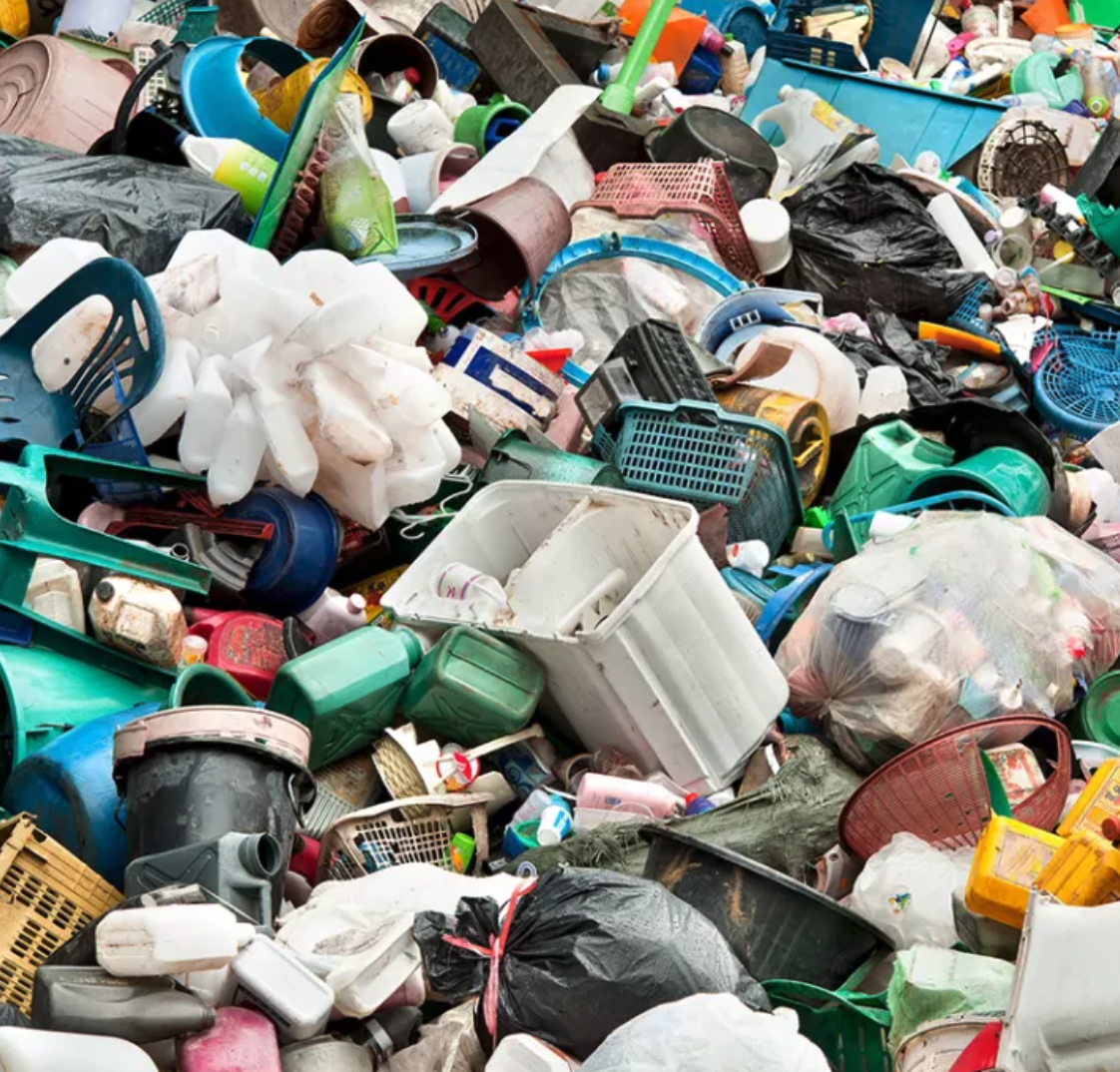In an Opinion Piece in the March 18th issue of The Boston Globe, State Senator Jason Lewis and Representative Michelle Ciccolo propose a series of legislative actions to address plastics pollution. They are co-chairs of the Zero Waste Caucus.
Their letter is cited here in full:
“Society’s addiction to single-use plastics, with their undeniable convenience and versatility, is a rapidly growing threat to the environment and human health. Massachusetts needs to take concerted action to reduce and eliminate single-use plastics.
Plastic production and use has grown tremendously. According to the Container Recycling Institute, more than 86 billion plastic water bottles were sold in the United States in 2021, more than 30 times what was sold annually in the 1990s.
A staggering 40 percent of the plastic produced annually is for single-use plastics and packaging. Most of these products, such as plastic wrappers and cutlery, are used and then discarded hours or even minutes later. Contrary to what many consumers believe, less than 10 percent of post-consumer plastic in the United States is actually recycled.
The environmental and health harms caused by the production and use of plastic are numerous. The fracking and mining of fossil fuels used to produce plastic and the manufacturing and distribution of plastic products are a significant source of greenhouse gas emissions and environmental damage. Eating and drinking from plastic exposes people to toxic chemicals and causes us to ingest microplastics. Plastic in the environment breaks down into microplastics, which can be found throughout the food chain, poisoning by releasing toxic chemicals in animals as well as people.
The vast majority of single-use plastics end up being buried in landfills, burned in incinerators, or discarded in the environment each year. In 2022, Massachusetts disposed of approximately 900,000 tons of plastic waste.
About half of that plastic waste is burned in incinerators in five Massachusetts communities — Rochester, Millbury, North Andover, Haverhill, and Saugus. The remainder is shipped to other states like Ohio, New Hampshire, South Carolina, and Michigan to be burned or buried there. Regardless of where this plastic waste is disposed of, landfills and incinerators are usually located in environmental justice communities, which means the environmental and health harms disproportionately impact low-income people and people of color.
Many cities and towns across Massachusetts have been leading the way in tackling the single-use plastics crisis. As of May 2023, 156 municipalities have passed local ordinances to eliminate or reduce single-use plastic shopping bags, and 60 municipalities have banned the use of some form of polystyrene. Other communities have banned single-use plastic water bottles, plastic straws, and more.
At the state level, however, Massachusetts lags behind other states. California, Connecticut, New York, Vermont, and Maine have passed laws in recent years to aggressively reduce and eliminate single-use plastics. Thus far, 11 states have banned polystyrene products.
Five years ago, we cofounded the bipartisan and bicameral Zero Waste Caucus, now comprised of 56 lawmakers, in the Massachusetts Legislature. This group of state legislators works together to reduce and eliminate waste through legislative action, education, state and local collaboration, and public outreach. Last year, we joined advocates at the State House to celebrate the launch of Plastic Free Mass, a coalition of more than 30 organizations and community groups dedicated to moving the Commonwealth toward a cleaner and healthier future.
We are calling on our colleagues in the Legislature and Governor Maura Healey to take urgent action in the remaining months of this legislative session to address plastic pollution and waste by enacting legislation that would:
▪ Update, modernize, and expand our state’s antiquated bottle deposit law, including directing unredeemed deposits to appropriate environmental uses such as waste reduction, reuse, recycling, and the provision of clean drinking water to obviate the need to purchase bottled water.
▪ Implement uniform statewide bans on various types of single-use plastics, including plastic bags and polystyrene, modeled after the successful policies that are already in place at the local level in many communities. To encourage the use of reusable water bottles and non-plastic options, these restrictions should include single-use plastic water bottles of 1 liter or less.
▪ Create a system for extended producer responsibility to shift more of the burden and cost of managing waste, especially packaging, from consumers and taxpayers to producers. In addition to reducing plastic waste, EPR legislation is also needed for paint, electronics, mattresses, and textiles.
Massachusetts prides itself on being a national leader when it comes to many health and environmental policies. Now, we need to turn our attention to combating our plastic addiction.”
Boston Green Action encourages concerned citizens to contact these organizations that are leading the charge against plastic pollution:
Image: The Sierra Club


